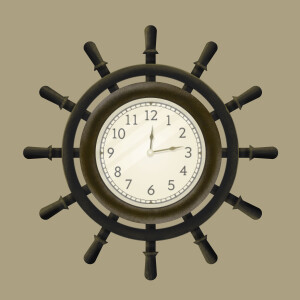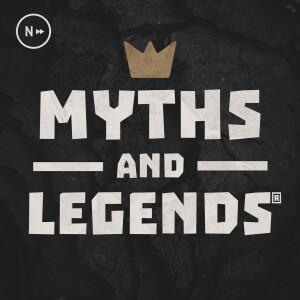

"Longitude" by Dava Sobel is a historical non-fiction book that tells the story of the development of the invention of the marine chronometer, which enabled sailors to accurately determine their longitude at sea. The book focuses on the struggles faced by John Harrison, an English carpenter and clockmaker, in his quest to create a reliable timepiece that would solve the long-standing problem of maritime navigation.
Sobel describes the historical background of the "longitude problem," where sailors had difficulty determining their position accurately while at sea, which often led to shipwrecks and loss of life. The book showcases how the lack of accurate longitude measurements impacted exploration, trade, and naval warfare during the 18th century.
The narrative follows Harrison's relentless pursuit of creating a chronometer, a timekeeping device that would remain accurate even in harsh maritime conditions. It details the challenges he faced, including skepticism from the scientific community and the established method of celestial navigation.
Sobel also explores the political and scientific debates of the time surrounding the longitude problem and the efforts made by various individuals and organizations to solve it. The book sheds light on the importance of accurate navigation at sea and how Harrison's ultimately successful invention transformed maritime travel and exploration.
Overall, Sobel's "Longitude" is a captivating account of historical events and scientific advancements, highlighting an important milestone in the history of navigation and its impact on the world.
Chapter 2:Author of the book Longitude
Dava Sobel is an American author who is best known for her book "Longitude: The True Story of a Lone Genius Who Solved the Greatest Scientific Problem of His Time". Published in 1995, "Longitude" tells the fascinating story of John Harrison, an 18th-century clockmaker who invented the marine chronometer, a device that accurately measures longitude at sea. This groundbreaking book brought Sobel worldwide acclaim and established her as a popular science author.
In addition to "Longitude," Sobel has written several other notable works, all exploring scientific themes and historical events. Some of her other books include "Galileo's Daughter," which explores the relationship between Galileo Galilei and his daughter, "The Planets," which delves into the history and science of our solar system, and "A More Perfect Heaven," which explores the life and work of Nicolaus Copernicus.
Sobel's writing is known for its ability to make complex scientific concepts accessible to a wide audience. She combines meticulous research with engaging storytelling, making her books both educational and entertaining. As a result, she has garnered numerous awards and accolades throughout her career.
Throughout her writing career, Sobel has cemented herself as an expert in blending history and science, shedding light on lesser-known stories and showcasing the human side of scientific breakthroughs. Dava Sobel's contributions to popularizing science and making it accessible to the general public have made her a beloved and influential author in the field.
Chapter 3:Why is book Longitude worth reading
Longitude by Dava Sobel is worth reading for several reasons:
- Fascinating subject matter: The book tells the story of the centuries-long quest to solve the problem of determining longitude at sea. Sobel delves into the historical context, the scientific advancements, and the personal struggles of those involved in this quest. It is a captivating and lesser-known slice of history that will leave readers amazed at the ingenuity and perseverance of the scientists and inventors.
- Engaging narrative style: Sobel presents the complicated scientific concepts and historical events in an accessible and engaging manner. She uses a storytelling approach, focusing on the individuals involved, their motivations, and the challenges they faced. Sobel's narrative style makes the book both educational and entertaining, ensuring readers stay engrossed throughout.
- Blend of history and science: Longitude seamlessly weaves together the historical and scientific aspects of the longitude problem. Sobel provides insightful explanations of the scientific discoveries and inventions that eventually led to a solution, making it a great book for both history buffs and science enthusiasts.
- Impact on navigation and exploration: The development of accurate methods to determine longitude greatly impacted navigation and exploration. Sobel emphasizes the historical significance of the longitude problem by exploring how its solution revolutionized travel and ensured safer maritime journeys. Readers will gain a deeper appreciation for the impact of scientific innovations on everyday life.
- Compact and accessible: Longitude is a relatively short book, making it a quick and easy read. It is written in clear and concise language, making it accessible to a wide range of readers. It is a perfect choice for anyone looking for a non-fiction book that is both informative and enjoyable.
Overall, Longitude by Dava Sobel is worth reading because it combines engaging storytelling, a fascinating subject, and a blend of history and science. It captures the human triumph over a seemingly impossible problem and offers valuable insights into the importance of scientific advancements in shaping our world.
More Episodes
All Episodes>>Create Your Podcast In Minutes
- Full-featured podcast site
- Unlimited storage and bandwidth
- Comprehensive podcast stats
- Distribute to Apple Podcasts, Spotify, and more
- Make money with your podcast












